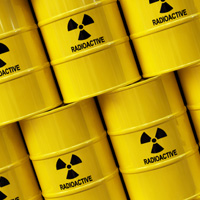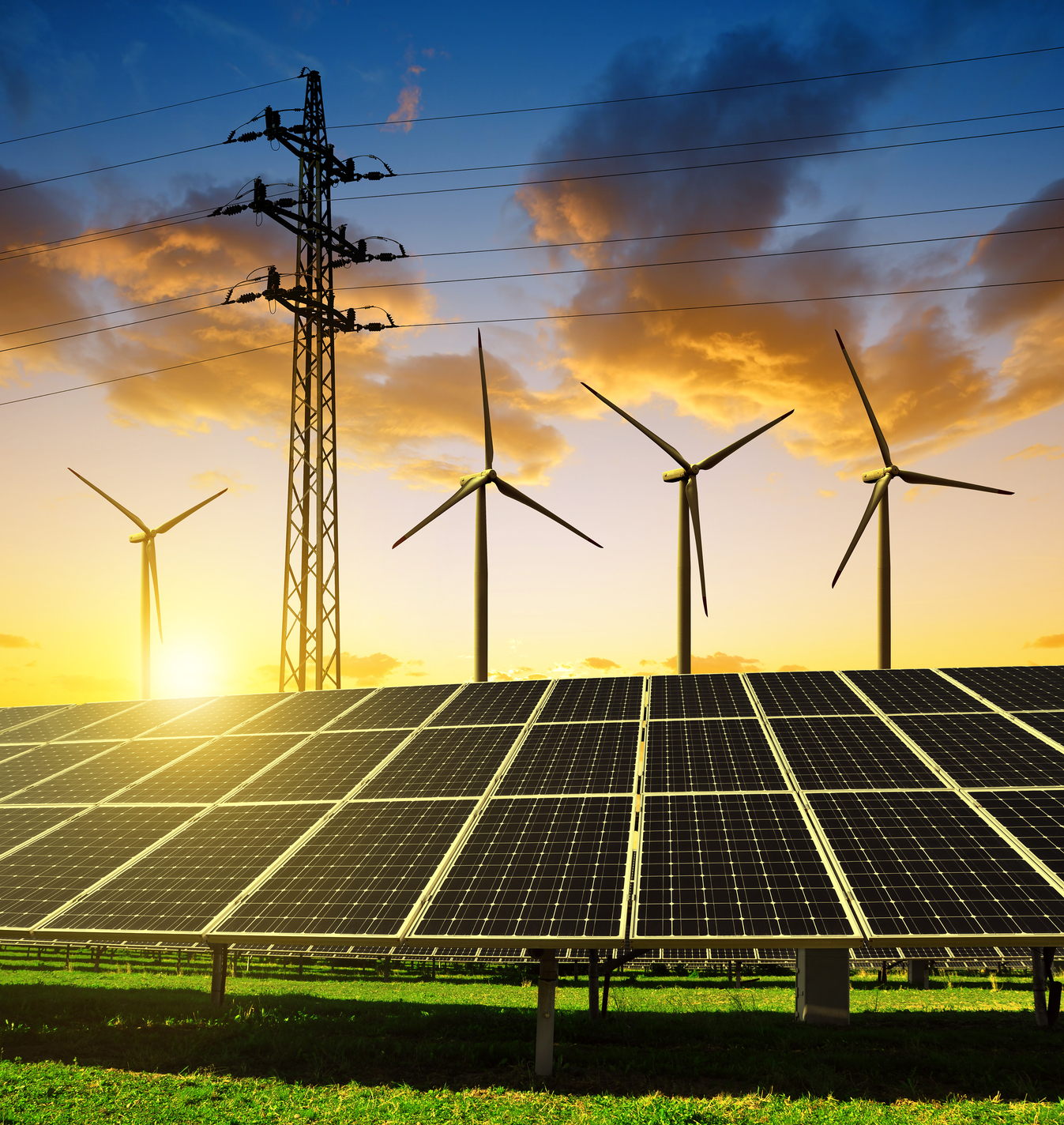-
Grants
33
-
Total Awarded
$17,305,669
-
Years
1986 - 2020
-
Categories
Grants
The Natural Resources Defense Council (NRDC) works to safeguard the earth—its people, its plants and animals, and its natural systems by using data and science to identify the root causes of the problems that confront us. This award provides flexible support for NRDC's Nuclear Program to conduct science-based analysis and advocacy on nuclear policy issues. Priority areas include repairing the nuclear regime, advancing solutions to the U.S. nuclear waste problem, redefining the role of nuclear energy in the context of the climate crisis, advocating for high safety and nonproliferation standards for advanced nuclear power, and protecting people and the environment from radioactivity.
The Natural Resources Defense Council combines grassroots activism with legal and scientific expertise to promote and defend a healthy, sustainable environment. Over the next few years, certain business interests and state governments will continue to mount daunting legal attacks to weaken proposed and existing environmental and pollution standards, and additional federal and state court challenges are expected. General operating support helps ensure that the Natural Resources Defense Council remains a formidable rival to opponents of federal environmental protections. Successfully protecting and enforcing existing environmental and pollution standards represent an indispensable element of U.S. leadership on addressing climate change.
The Natural Resources Defense Council – an organization that employs dedicated staff to partner with businesses, elected leaders, and community groups to ensure the rights of all people to the air, the water, and the wild – is collaborating with the Climate Policy Initiative’s India office to lead the creation and management of an advisory group to support innovative financial solutions as part of the Government of India’s commitment of up to $20 million under the US-India Catalytic Solar Finance program. The provision of this critical technical assistance and advisory support on behalf of India’s Ministry of Renewable Energy enables the design, assessment, and stakeholder development required to implement government-enabled green financing solutions at scale. This initiative increases clean energy deployment in India, with a specific focus on the distributed generation solar targets that represent approximately 40 percent of India’s National Determined Contribution from the 2015 United Nations Conference on Climate Change in Paris, and that represent the bulk of those communities struggling with access to energy.
The Natural Resources Defense Council (NRDC) works to safeguard the earth—its people, its plants and animals, and its natural systems by using data and science to identify the root causes of the problems that confront us. This award provides general operating support to allow NRDC to conduct its science-based research and advocacy on nuclear policy issues, including on weapons-useable material in the United States and South Korea. It also allows NRDC to assess the status of the global nuclear power industry, which is essential to understanding nuclear technology’s role in addressing climate change and its accompanying proliferation risks.
The Natural Resources Defense Council (NRDC) works to safeguard the earth—its people, its plants and animals, and its natural systems by using data and science to identify the root causes of the problems that confront us. This award supports research, analysis, and outreach on the policy debate in the Republic of Korea (ROK) about reprocessing spent nuclear fuel. By producing technical analysis and engaging with key stakeholders on the security implications of reprocessing, this award is designed to inform weapons-useable material policy in the ROK and bolster global security.
The Natural Resource Defense Council (NRDC) is an environmental action group, combining the grassroots power of 1.4 million members and online activists with the expertise of more than 350 lawyers, scientists, and other professionals. The award provides project support for NRDC’s work on the nuclear fuel cycle. NRDC addresses three main issues: the U.S. Department of Energy’s planning for a next federal research reactor project; an alternative fuel cycle to replace a pyroprocessing-based fuel cycle; and a consent-based approach for nuclear waste disposal. The project is intended to constrain and prevent programs for reprocessing spent nuclear fuel, and to oppose reactor concepts that use separated plutonium as fuel, because of the unacceptably high nuclear weapons proliferation risks and environmental harms.
The Natural Resources Defense Council is an environmental action group, combining the grassroots power of 1.4 million members and online activists with the expertise of more than 350 lawyers, scientists, and other professionals. The award supports work on the 2015 World Nuclear Industry Status Report. First published in 1992, the report provides independent analysis on energy and nuclear policy on a regular basis. It is a key reference for nuclear analysts, journalists, academics, policymakers, and investment bankers in the United States and around the world.
The Natural Resources Defense Council combines grassroots activism with legal and scientific expertise to promote and defend a healthy, sustainable environment. Over the next few years, the United States can seize an historic opportunity to curb carbon pollution by putting in place the first-ever national limits on carbon emissions from power plants. Certain business interests and state governments already have mounted daunting legal attacks to weaken proposed and existing carbon pollution standards, and additional federal and state court challenges are expected. The Foundation’s support helps ensure that the Natural Resources Defense Council remains a formidable rival to opponents of federal environmental protections. Successfully protecting and enforcing the new and existing pollution standards represent an indispensible element of U.S. leadership on addressing climate change.
The Natural Resource Defense Council (NRDC) is an environmental action group, combining the grassroots power of 1.4 million members and online activists with the expertise of more than 350 lawyers, scientists, and other professionals. Through this grant, NRDC’s Nuclear Program intends to analyze and communicate to a wide audience the technical, economic, environmental, and international security risks of a U.S. government or federally-subsidized commercial program to further develop and/or deploy nuclear spent fuel reprocessing. It will also address the risks of spent fuel storage from a terrorism perspective.
The National Resources Defense Council (NRDC) is an environmental action group, with 1.4 million members and online activists, as well as the expertise of more than 350 lawyers, scientists, and other professionals. NRDC will develop and test a pilot citizen radiation monitoring network to crowd-source radiation information and analyze, map and share data in real time. The network will use: a new generation of hand-held radiation detectors; online networking, social media and dynamic mapping software resources; and radiation health physics expertise. Grant funds will be used for partial staff salaries, consultant fees, travel, publications, detector hardware, and other administrative costs.
To secure the global nuclear fuel cycle and verify the storage and elimination of U.S. and Russian tactical nuclear weapons (over two years).
In support of policy research and engagement on nuclear disarmament issues and the safety of the U.S. nuclear weapons complex (over three years).
For a collaborative effort to maintain momentum for strong U.S. action and international cooperation to address global warming (over two years).
For Reef Check, a global coral reef monitoring program (over three years).
To support the program Forging Consensus on a More Cooperative U.S.-Russian Relationship (over three years).
For a project on climate change, in collaboration with the Natural Resources Defense Council, the Union of Concerned Scientists, and the Environmental Defense Fund (over 3 years).
For a special communications initiative (over three years).
For research on nuclear weapons reduction and the safety of the U.S. nuclear weapons complex (over two years).
For research and analysis of nuclear testing and fissile material control.
To support biodiversity policy programs focusing on the Global Environmental Facilty (over two years).
To support the international activities of the Nuclear Test Ban project.
A technical assistance program helping Russian policymakers develop a legal framework for protecting the natural resources of the Russian Federation (over two years).
For a campaign to preserve the Caribbean National Forest in Puerto Rico.
In support of general operations (over four years).
To revise the legal framework for U.S. nuclear nonproliferation policy.
To support conservation policy studies and public education in Hawaii (over three years).
To expand promotional efforts for "The Rainforest Book: How You Can Save the Rainforests."
For the joint Arms Control Verification Program with the Soviet Academy of Science.
To support the United States Tropical Forest Program in Hawaii, Puerto Rico, and the Virgin Islands (over three years).
To support the nuclear testing verification project for seismic monitoring activities under the NRDC-Soviet Academy of Sciences agreement.
To establish a presence in Hawaii to address critical issues of preservation, to address tropical forest preservation issues in the Carribbean, and to ensure inventory is carried out and selected areas are protected.
For a demonstration of verification techniques for a nuclear test ban, in cooperation with the Russian Academy of Sciences.
For a demonstration of verification techniques for a nuclear test ban, in cooperation with the Russian Academy of Sciences.







